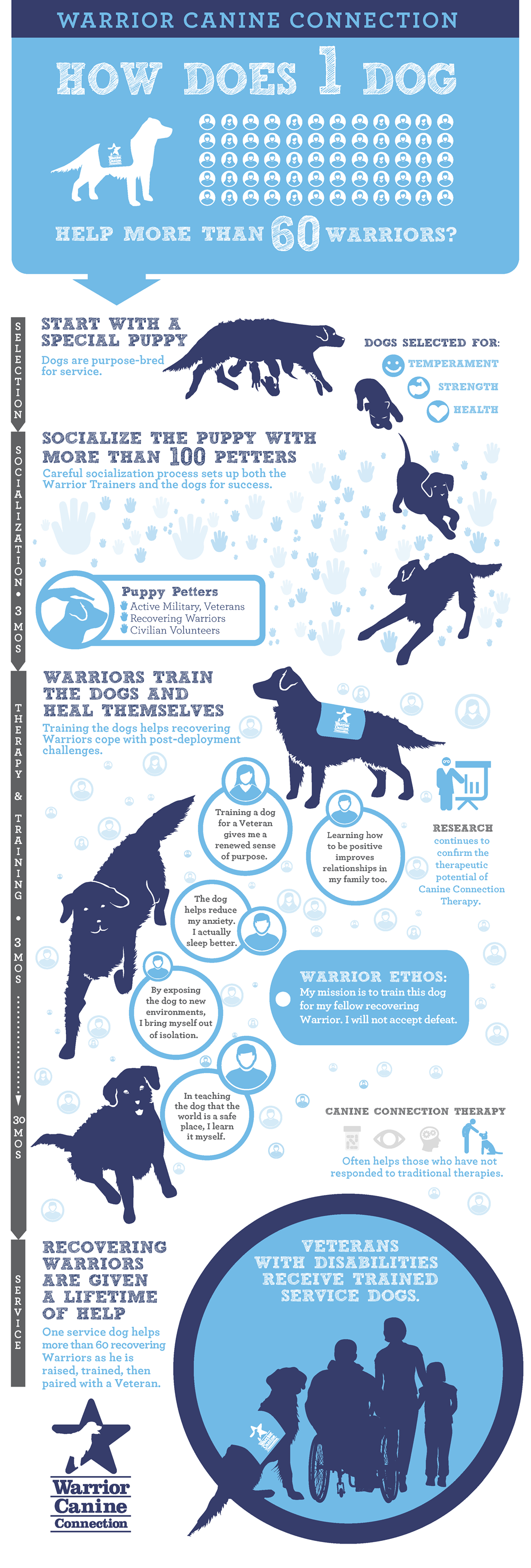Pet dogs in daycare obtain great deals of exercise, socialization with various other pet dogs and distinct experiences. This can be particularly helpful for pups and pet dogs with behavioral concerns.
There are a number of lawful factors to consider you require to take into account when starting a doggy day care service. These consist of the framework of your business and compliance with government policies.
1. Dog Distemper
Canine distemper is spread out via straight contact with the physical liquids and waste of a contaminated dog, but it can also be transferred through common water and food bowls or with air-borne beads. This very transmittable illness is most dangerous for puppies, but it can impact dogs of any age and is fatal for many if left neglected.
Preliminary signs of canine distemper typically simulate a cold, consisting of drippy eyes and nose with watery or pus-like discharge. As the illness advances, a pet dog will certainly establish fever, coughing, minimized hunger, vomiting and diarrhea. The virus can likewise assault the nerve system, leading to seizures, jerking and partial or complete paralysis.
Trusted day cares decrease exposure to infection by needing vaccinations, routine health examinations and follow strict health methods. If your dog appears excessively worn out or limping, a day of rest may help him recoup, yet you must prevent taking him back to daycare until these signs and symptoms clear.
2. Kennel Coughing
Kennel coughing, likewise referred to as infectious canine tracheobronchitis or Bordetella, is a highly transmittable viral or microbial illness that impacts the respiratory system. It's frequently moved with the exchange of saliva or air droplets that a sick pet breathes out. Social pet dogs are at higher threat for infection as a result of their regular interaction with each other, such as when they play, share food or water, smell one another or simply fulfill in a congested environment like a pet park or day care.
The most common signs and symptom overnight dog boarding near me of kennel coughing is a persistent and strong coughing that sounds like something embeded the throat or retching. Commonly, canines will divulge frothy white phlegm. If left untreated, a pet can establish pneumonia and be at significant danger for life.
A trustworthy childcare facility should have rigorous cleaning and sanitation methods, sanitize all playthings, food and water bowls on a regular basis, and be open regarding their inoculation plans. Keeping your pet dog as much as day on their inoculations, specifically for bordetella and canine flu, will significantly reduce their opportunities of acquiring the ailment.
3. Parvovirus
Canine parvovirus, or parvo, is an extremely contagious viral ailment that can be dangerous for young puppies and young person canines with poor body immune systems. It's most typically spread by straight contact with contaminated pet feces-- which can occur when dogs smell, lick, or taste contaminated feces-- and indirectly from contaminated individuals, items, or settings (like kennels, grooming rooms and grass). Young puppies and dogs without full inoculation histories are specifically vulnerable to parvo.
The virus is exceptionally durable, surviving in the setting for up to 9 years, and can quickly be transferred in between pet dogs by contact via feces or on shoes, apparel, and bed linen contaminated with parvovirus. Otherwise dealt with right away with IV fluids, electrolyte equilibrium, throwing up control medicines and antibiotics to stop additional bacterial infections, a pet will quickly dehydrate and create serious diarrhea, which causes shock and sepsis. Parvo is hard to heal once a pet has actually become ill, yet with suitable vet treatment, many pups do survive this ailment.
4. Dog Influenza
Dog influenza infection is highly transmittable and spreads with direct get in touch with, sharing food and water bowls, licking or nuzzling other pets, with airborne beads, and via polluted surfaces. Inoculation is effective in decreasing the risk of infection and episodes.
A lot of affected dogs create a moderate respiratory infection with a coughing that lasts 1-3 weeks. They might also have nasal and eye discharge, sneezing, and sleepiness. A few of the most significant instances lead to pneumonia and a high fever.
If your pet dog displays any of these symptoms, do not bring them back to daycare till they are healthy and balanced. If your canine is showing signs of severe tiredness or limping, talk to your vet right away and make sure they get on healthiness supplements to aid develop their immunity. A veterinarian will evaluate your dog for symptoms of the influenza by taking an example from the nose or throat, and blood examinations can be done to verify.
